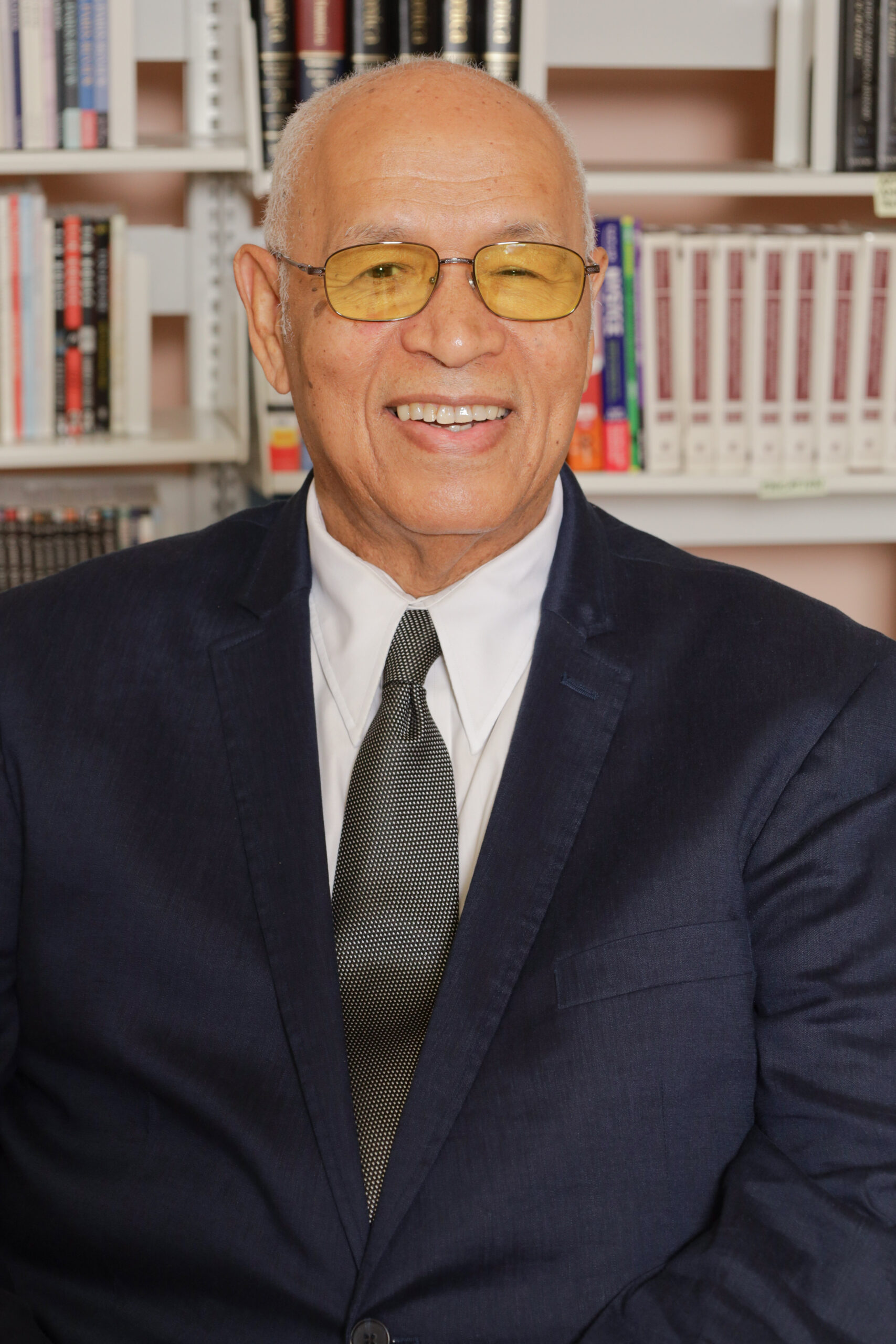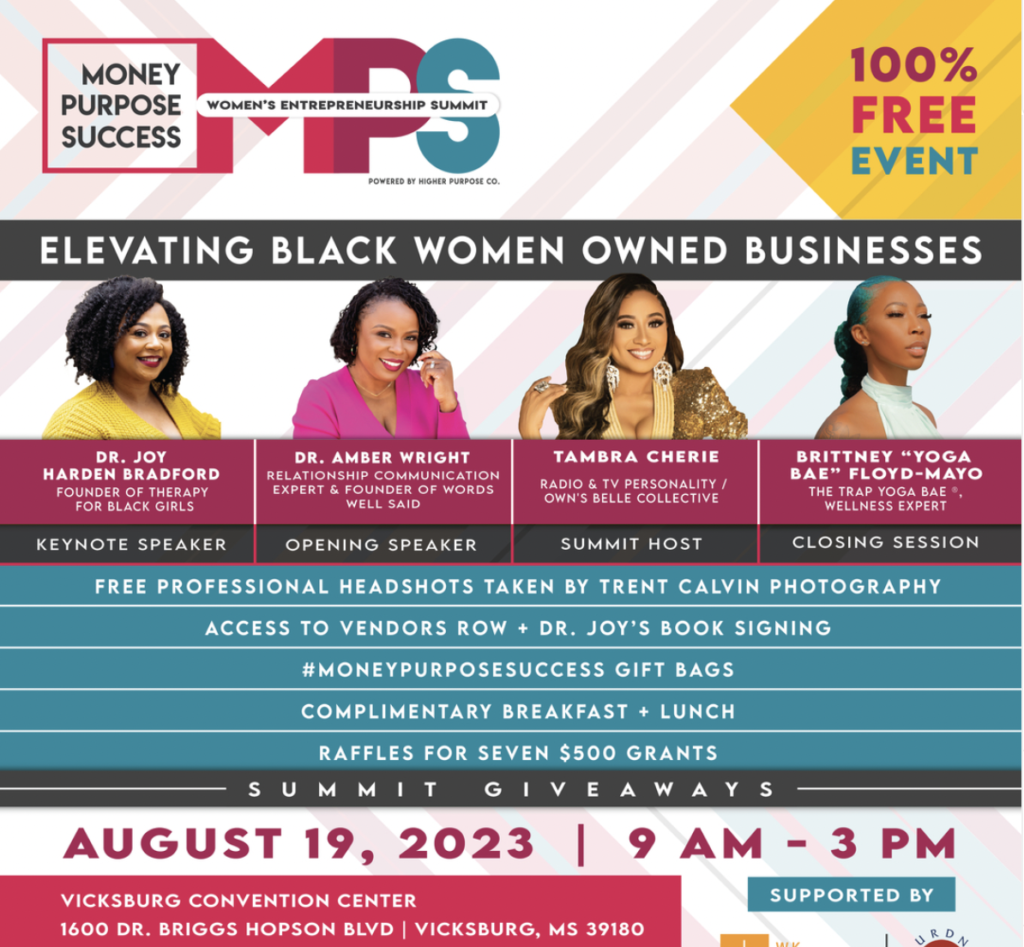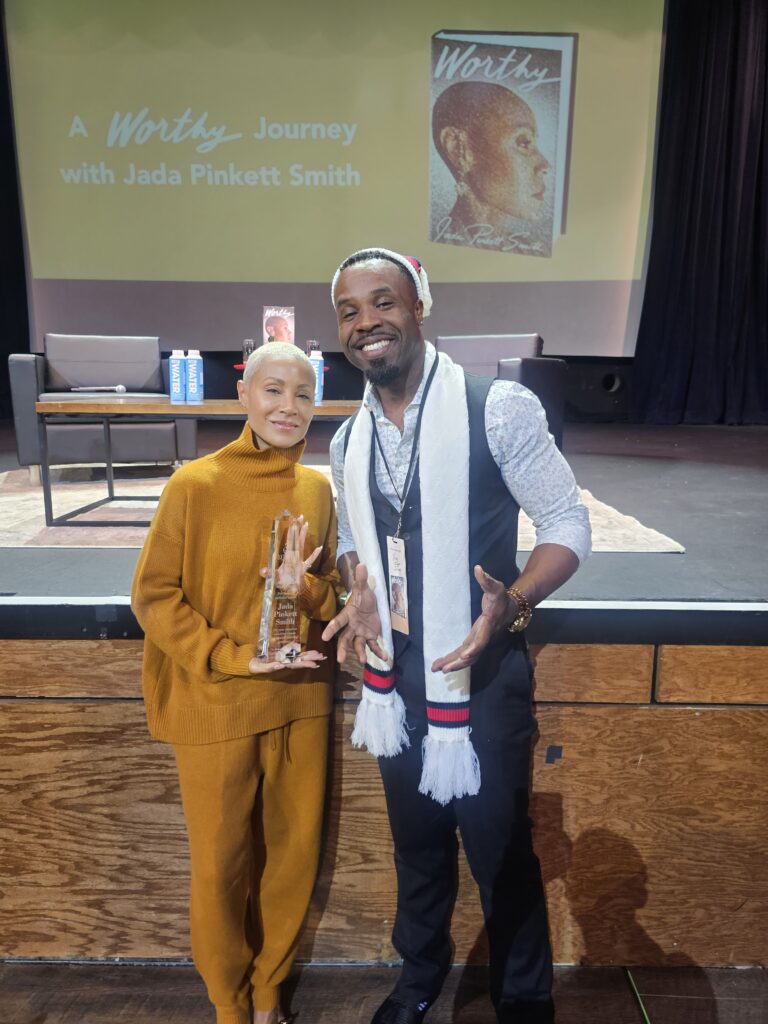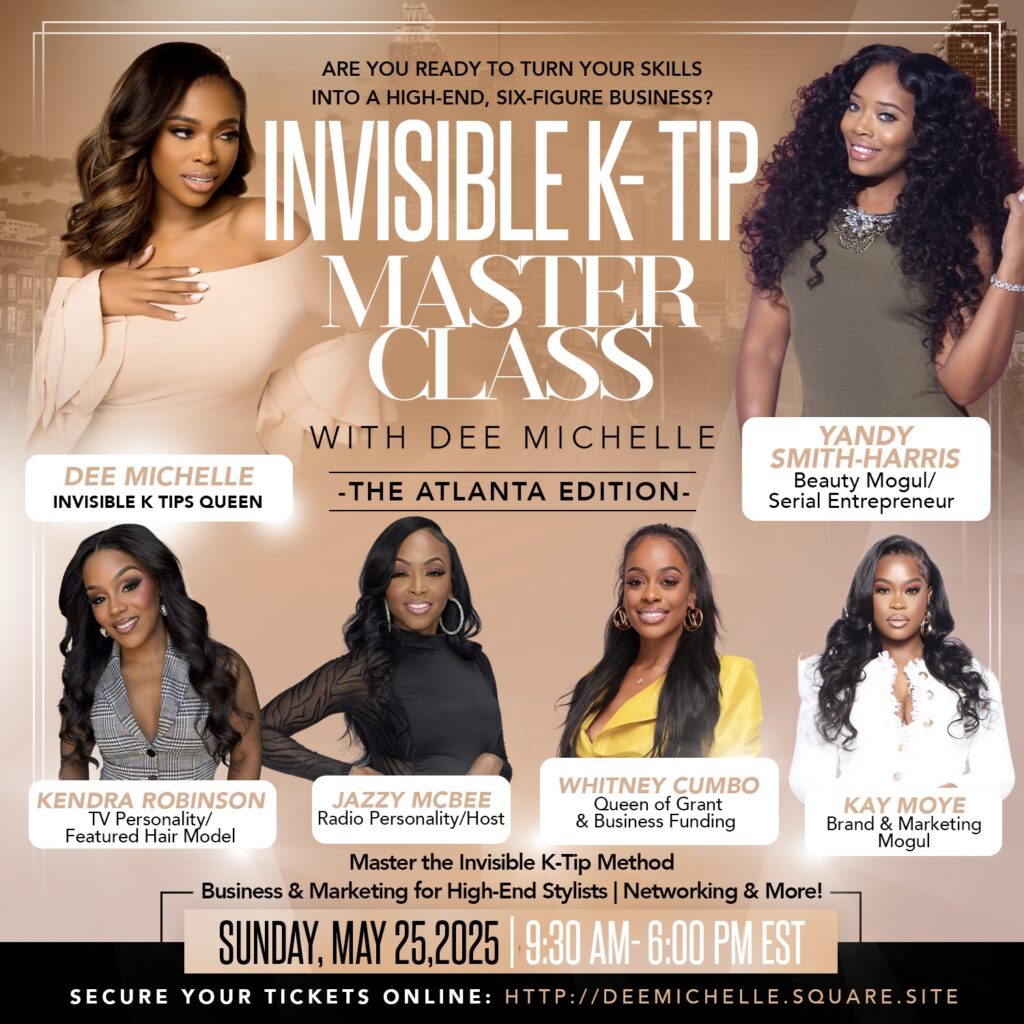Dr. Victor Alicea is the president of Boricua College and has been for the past 47 years! Boricua College is located in New York City and operates out of multiple campuses (Bronx, Brooklyn, and Manhattan).
Boricua is an accredited chartered college and unlike SUNY and any other city colleges, it is the first bi-lingual college. Its student body is largely comprised of Latino and African-American students and specifically caters to a more mature age group.
Many of the students who were at 18 or 19 years of age either could not afford a college education or were unable to qualify at that point in time. A large number had to go to work to support their families, themselves, or perhaps young children of their own.
Boricua College proudly serves them now that they have the time, financial wherewithal and desire to continue and/or complete a degree. Flexible schedules and financial support help enable them to get back to school. Take a look at our conversation below with Dr. Victor G. Alicea!
What has been your experience in working for Boricua College?
Serving as President of Boricua College has been exciting, stimulating, and a singularly daunting experience each and every day, from the very beginning in 1973 to the present day. I feel fortunate to have continuously worked motivated by the variety of people I met at Boricua – students, faculty, and staff – as well as the movers and shakers of the City’s political, economic, and social environment some of who supported us and others who created obstacles, as we attempted to navigate the College through to its creation and development.
As I complete my long tenure as the founding President of Boricua College, the first private Hispanic-Latino college on the United States mainland, I feel extremely proud and a sense of having completed my personal mission and devotion to the Puerto Rican community and all the ethnic-cultural communities of New York City, historically underrepresented in higher education, in a City that I love, and where a college degree is absolutely essential.
In the very beginning, I did not have the slightest idea what I was getting into. After all, going to college and graduating with many degrees does not make you an expert in creating a college; neither does teaching in a college, which I had also done. Neither did the organization of people who hired me to “manage a college” know anything about creating a college.
Therefore, when I arrived at my employment site, I found that a college did not exist and that my task was to create one. I thus began my journey, nevertheless, with the spiritual sense that I had been preordained to carry out this task. Armed with great motivation and energy and a mind full of ideas and theories about the psychology of learning and group dynamics ̶ rudimentary at first ̶ they began to take shape and substance through the continuous dialogue of peers, friends, and especially my co-founders Maria Montes Morales, Hector Montes, and Agustin Rivera. Together we crafted the foundation of a liberal arts college, founded by Puerto Ricans of New York City, based on a non-traditional humanistic educational philosophy committed to a student-centered education of self-reflective thinking and emotional, affective development.
Hundreds of others have come and gone from the College, each one contributing their own vibration. This experiment in non-traditional education that began back in 1974, by today has awarded over 12,000 academic degrees to students who have been transformed by a college education for lifelong learning, and who will each earn over $1 million in their lifetime.
What are some of the challenges you’ve experienced as the president of Boricua College?
The most interesting challenges occurred during the early years of my life at the College. As a person active during the politically complex decades of the 1960’s the resistance to the creation of a private college by a minority community was clearly anticipated. Surprising, was the variety of active resistance and roadblocks by the leadership staff of the New York State Education Department, to the creation of this college by a so-called minority group. But like the two lion statues, Patience and Fortitude, we persevered knocking down each roadblock until we prevailed. We got help from unexpected places and people. In retrospect, it was stressful and yet fun to challenge what we used to call “The System” and bend it to the needs of our community.
If someone wanted to apply for college, what advice would you give them?
I had great parents who encouraged me to get an education and supported me all the way. Along the way I met great individuals and close friends who pushed me forward, some I liked and others not; but as a result in retrospect, I grew intellectually, emotionally, and spiritually.
How do you go about helping students to gain access to college?
I say go to college but not just to get a degree. Go to a college that liberates your sense of self, and develops your intellectual and emotional capacities and abilities for life-long learning, and active participation in your community. Don’t just settle for good grades; find a teacher-mentor who will facilitate your learning, who is humanistic and concerned with the total you.
Boricua College offers students this kind of education.
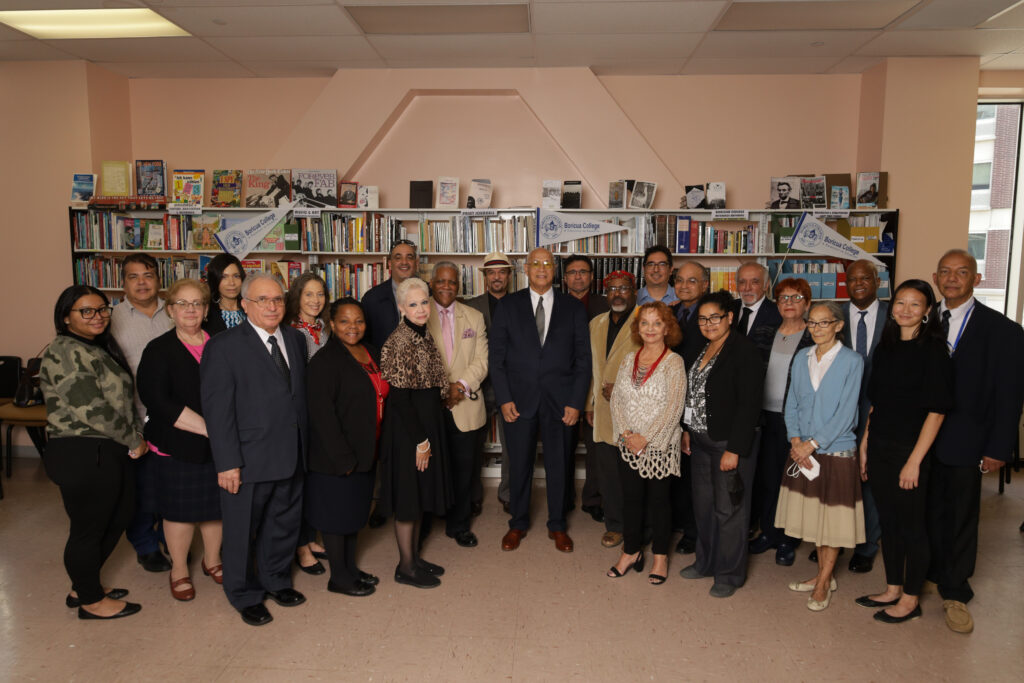
We love schools set up to help people win in life and more importantly to provide opportunities for them even after they have had to handle some challenging events in life.
Visit the website of the college for more information at www.boricuacollege.edu.
Follow Us On Social Media!

